December 5, 2024 | 03:01 GMT +7
December 5, 2024 | 03:01 GMT +7
Hotline: 0913.378.918
December 5, 2024 | 03:01 GMT +7
Hotline: 0913.378.918
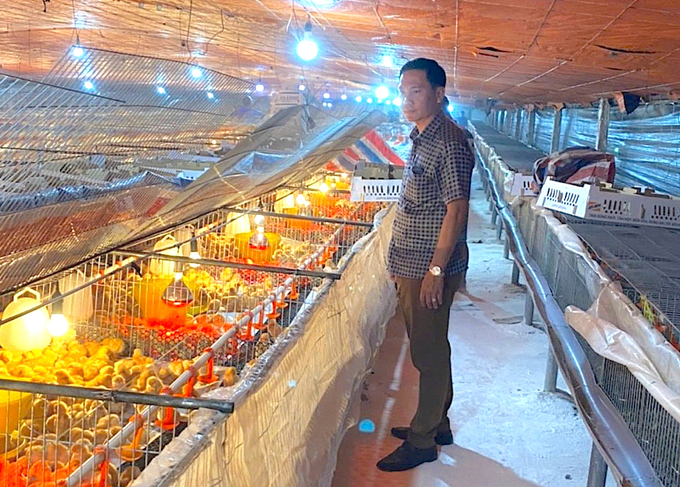
Through selective breeding, farmers can improve the genetic characteristics of livestock and increase their productivity. Photo: Minh Dam.
The current reality has shown that the application of science and technology in breeding has the capability to meet the demands of the livestock industry in general and poultry farming in particular, with efficiency reaching 85 - 90%. Through selective breeding, farmers can further improve the genetic characteristics of livestock, thereby increasing their productivity. Scientists have even applied molecular genetics to identify specific genes responsible for desired traits, opening the possibility of more targeted breeding programs.
One of the greatest scientific breakthroughs of the twentieth century was the development of antibiotics in the control of infectious diseases. However, the misuse and overuse of antibiotics has created a new danger. Antibiotic resistance has emerged in humans and livestock. The use of herbs and spices, especially garlic, can bring success, profit and potentially replace antibiotics in animal husbandry.
As the poultry farming capital of the Mekong Delta, the livestock industry of Tien Giang province receives attention and direction from the central as well as local governments. One thing to note is that the people here are passionate about livestock farming, have a lot of experience, are hard-working and eager to learn. They are interested in updating information and accessing the policies of the state.
Local farmers are very bold when it comes to applying science and technology and orienting production and consumption linkages. As a result, the province’s livestock industry has seen many improvements with a total herd of more than 16.5 million animals. Of which, farm-scale livestock farming (844 establishments) accounts for approximately 61% of the total herd with many specialty poultry species and commodity products specifically industrial laying hens.
Swiftlets are also a type of poultry that thrives in Tien Giang. The province has 1,720 swiftlet houses producing 19 tons of bird nests per year, ranking third in the country (after Kien Giang and Binh Dinh provinces). With this opportunity presenting itself, Tien Giang has made a breakthrough in developing poultry flocks in the direction of high technology.
According to Dr. Thai Quoc Hieu, Deputy Head of the Tien Giang Sub-Department of Livestock Production and Animal Health, livestock farmers in Tien Giang used to apply semi-technology on cold barn systems from disinfection systems, mixing disinfectant to feed silos. They also developed other systems such as the automatic drinking water system, egg collection, poultry manure treatment with dryers, open composting, and many more.
Nowadays, in barn design, some breeders are switching to high technology with many outstanding advantages, contributing to reducing risks, lowering product costs, and increasing profits. Nam Huong Chicken Farm can serve as a prime example. They push the application of an automatic control system consisting of a temperature stabilization system, fans, cooling systems, and conveyor belts for providing food, collecting eggs, manure, etc. For chicken manure, the facility has an organic compost tank to provide to gardeners for increased profits.
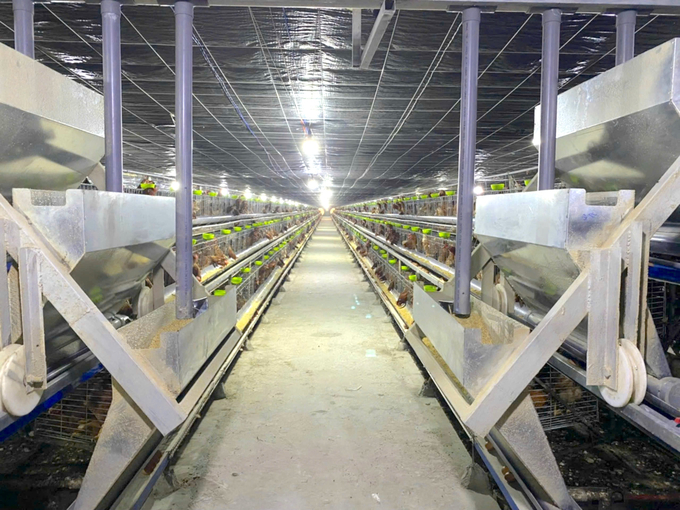
Closed cages with automatic feeding ensure biosecurity. Photo: Minh Dam.
On the other hand, Tien Giang Sub-Department of Livestock Production and Animal Health applies a molecular technology called polymerase chain reaction (PCR) to regularly sequence the genes of viruses that cause diseases in livestock in local outbreaks. PCR is a laboratory nucleic acid amplification technique used to denature and renature short segments of deoxyribonucleic acid (DNA) or ribonucleic acid (RNA) sequences using DNA polymerase I enzyme, an isolate from Thermus aquaticus, known as Taq DNA.
Viruses with strong mutation properties such as avian influenza virus are strictly monitored. The goal is to determine the genetic characteristics of the virus that causes influenza in chickens and then compare them with the influenza virus contained in the vaccine.
Tien Giang Sub-Department of Livestock Production and Animal Health states that the use of vaccines to prevent influenza in chickens must be similar to the virus causing the disease in chickens in the field. For avian influenza (AI), the recommended vaccines are CGC Navet-Fluvac 2 vaccine, CGC Re-5 vaccine, CGC Re-6 vaccine, CGC K-New H5 vaccine, inactivated CGC H5 vaccine strains D7 and rD8 and inactivated CGC H5 vaccine Medivac AI.
Tien Giang poultry farming approaches the province's policies, applies high technology in livestock farming, and creates a production chain by developing raw material areas for products, along with a consumption chain to expand the output market which is the golden key to success.
Translated by Samuel Pham
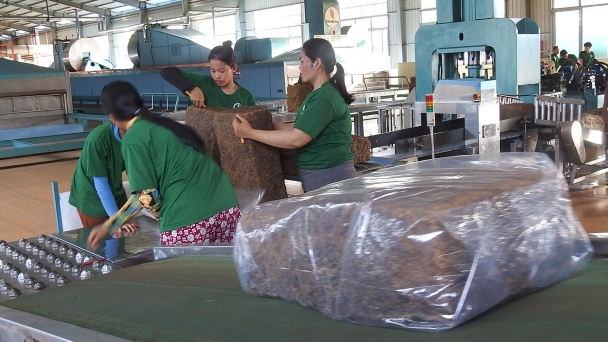
(VAN) VRG just held a ceremony to mark its adherence to the European Union's EUDR regulations and to sign agreements for the sale of EUDR-compliant rubber latex by numerous member units.
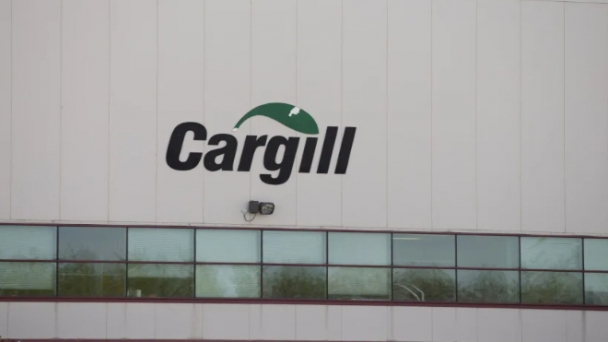
(VAN) Cargill Inc. is cutting thousands of jobs globally after the largest privately held company in the US missed profit targets.
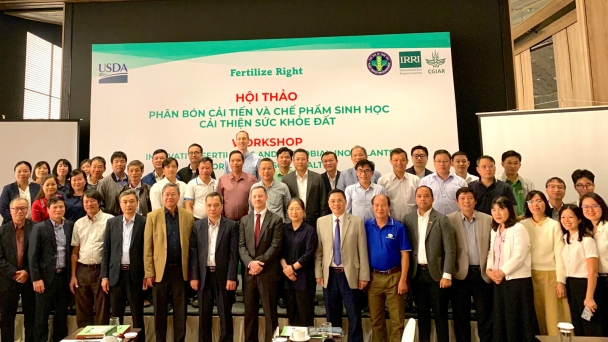
(VAN) The 'Fertilizer Right' project contributes to soil resource conservation by providing practical guidance for farmers and encouraging the adoption of next-generation fertilizers.

(VAN) Trump has nominated Brooke Rollins as agriculture secretary. If approved by the Senate, Rollins, who is chairman of a conservative think tank, would succeed Tom Vilsack.
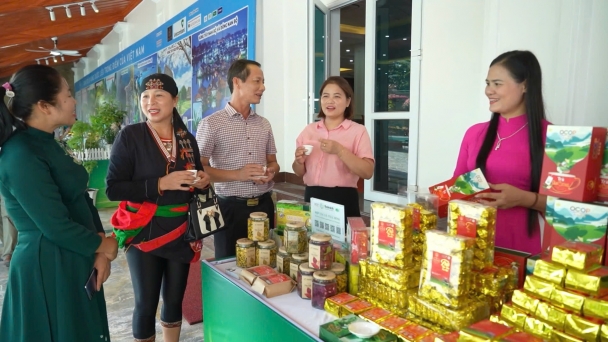
(VAN) The '2024 Conference on Trade Connection, Exhibition, and Introduction of Medicinal Products' is scheduled for December 6 in Sam Son, Thanh Hoa province.
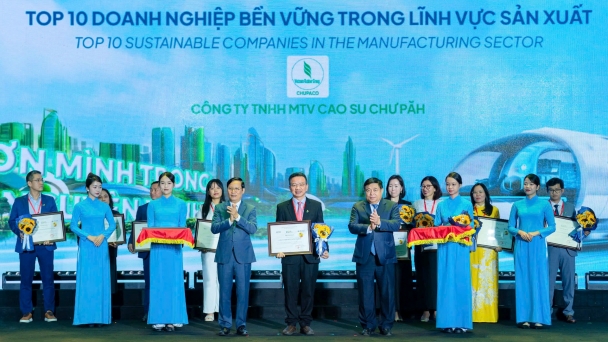
(VAN) At the 2024 Announcement Ceremony of Sustainable Enterprises in Vietnam, VRG had 14 member companies recognized in the Top 100 Sustainable Enterprises.
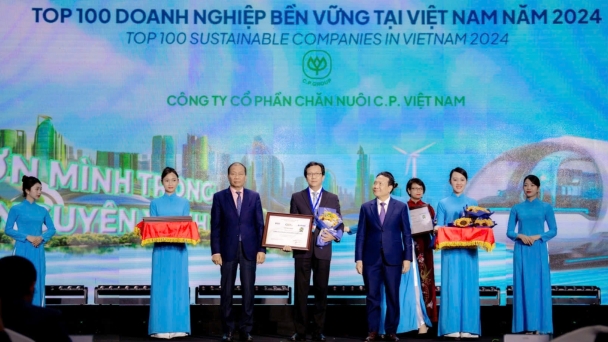
(VAN) C.P. Vietnam recently received two awards for sustainable development at the announcement ceremony for Sustainable Businesses in Vietnam 2024, held on November 29th.